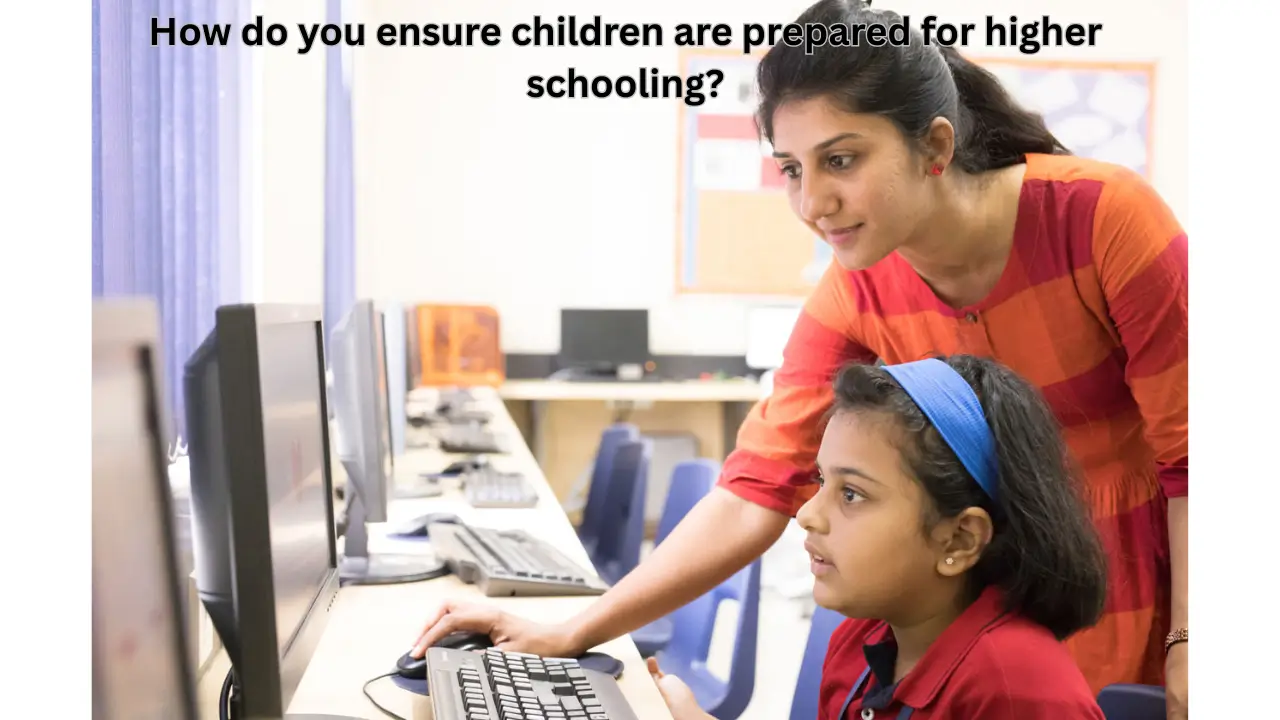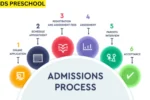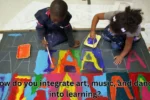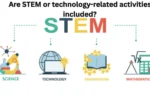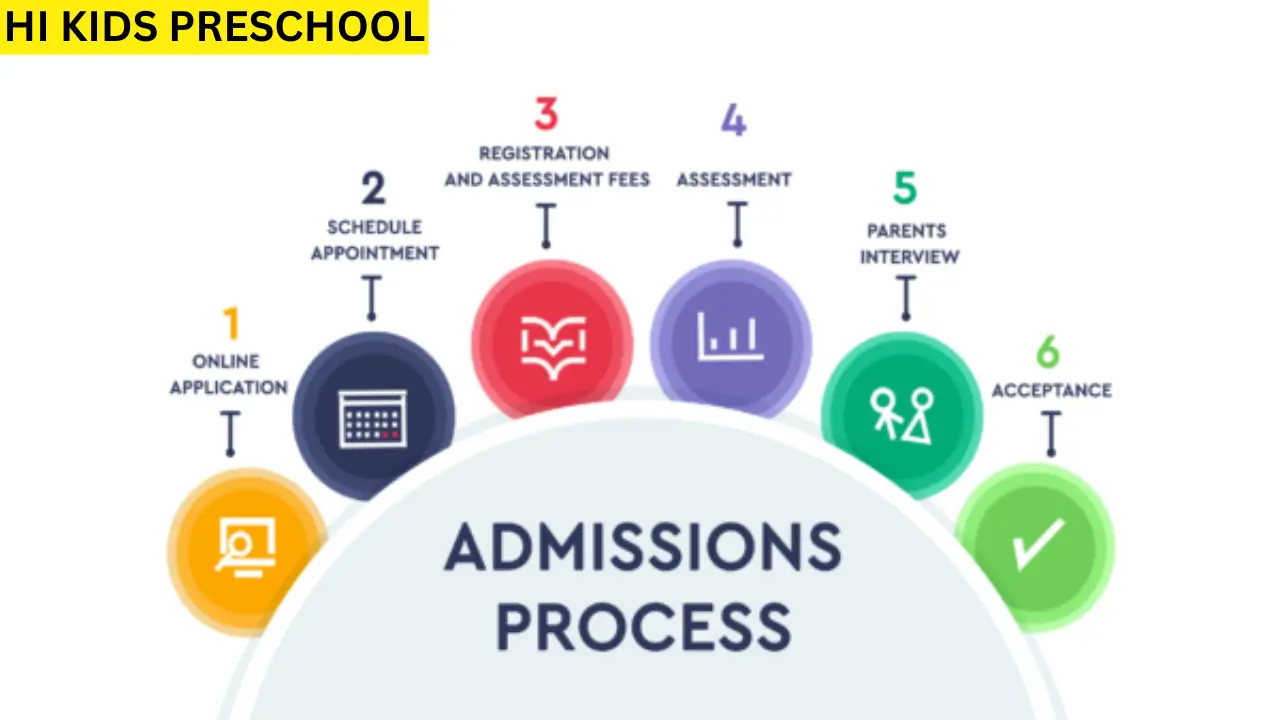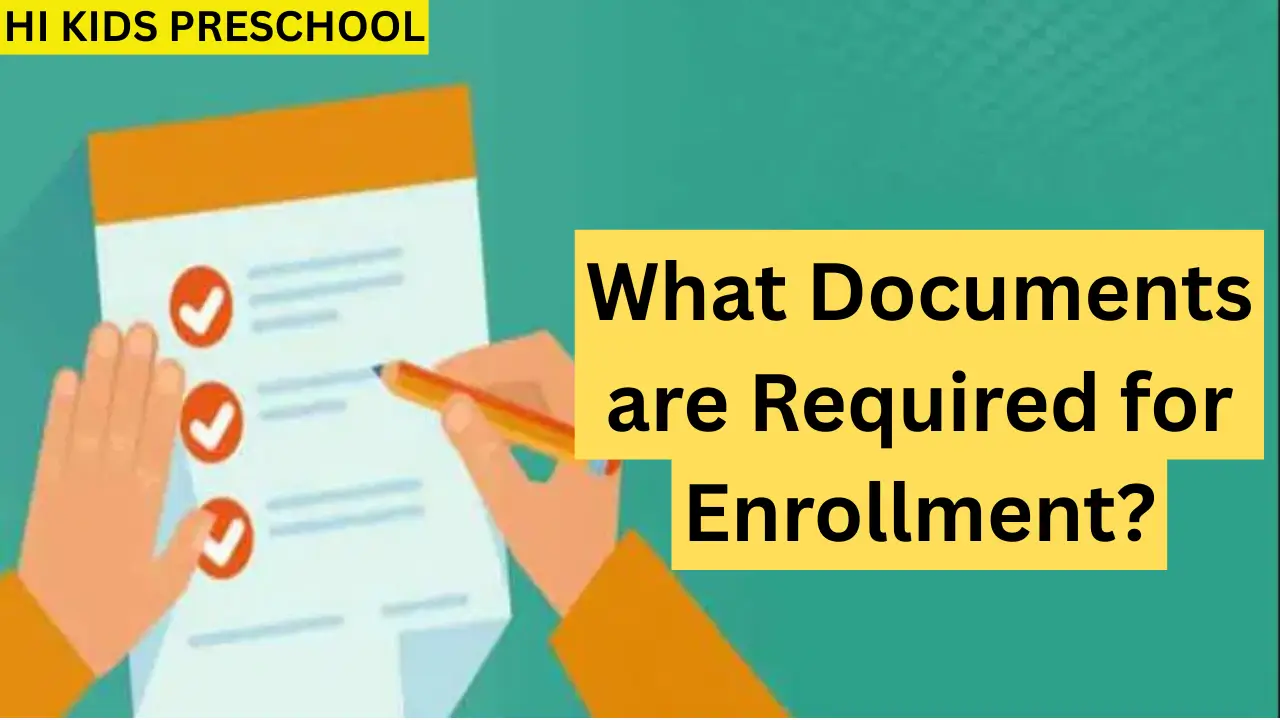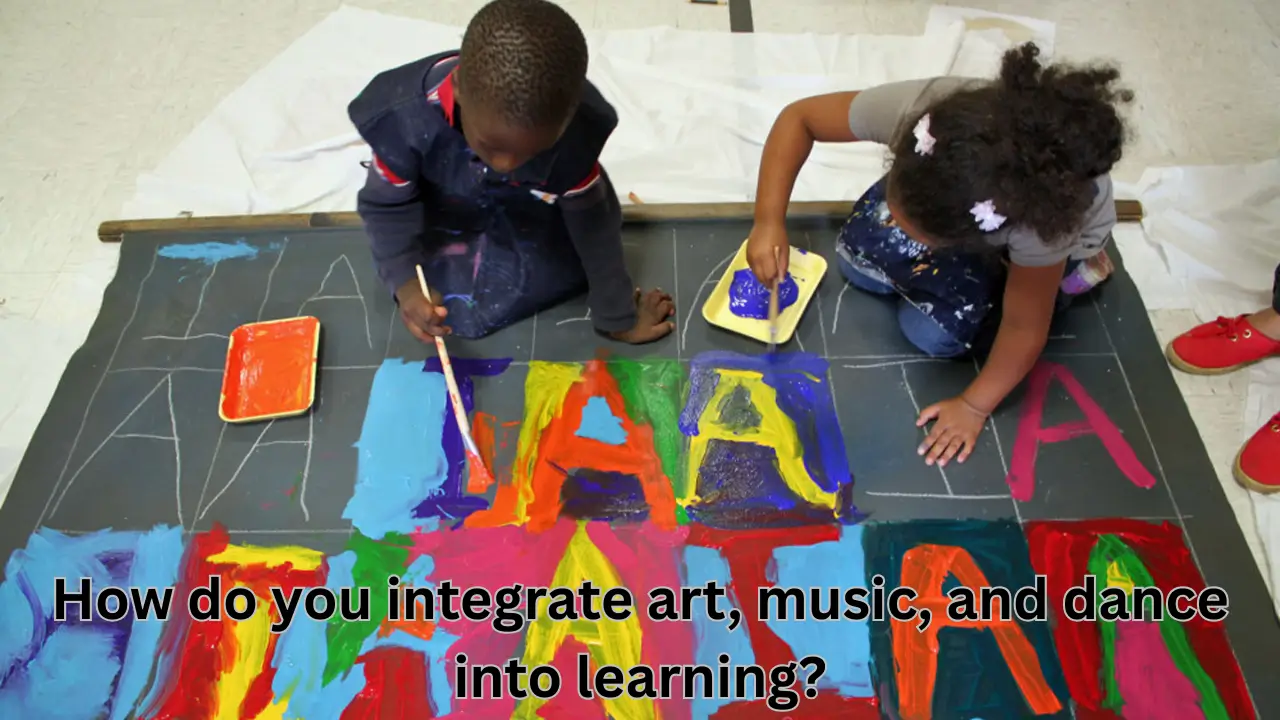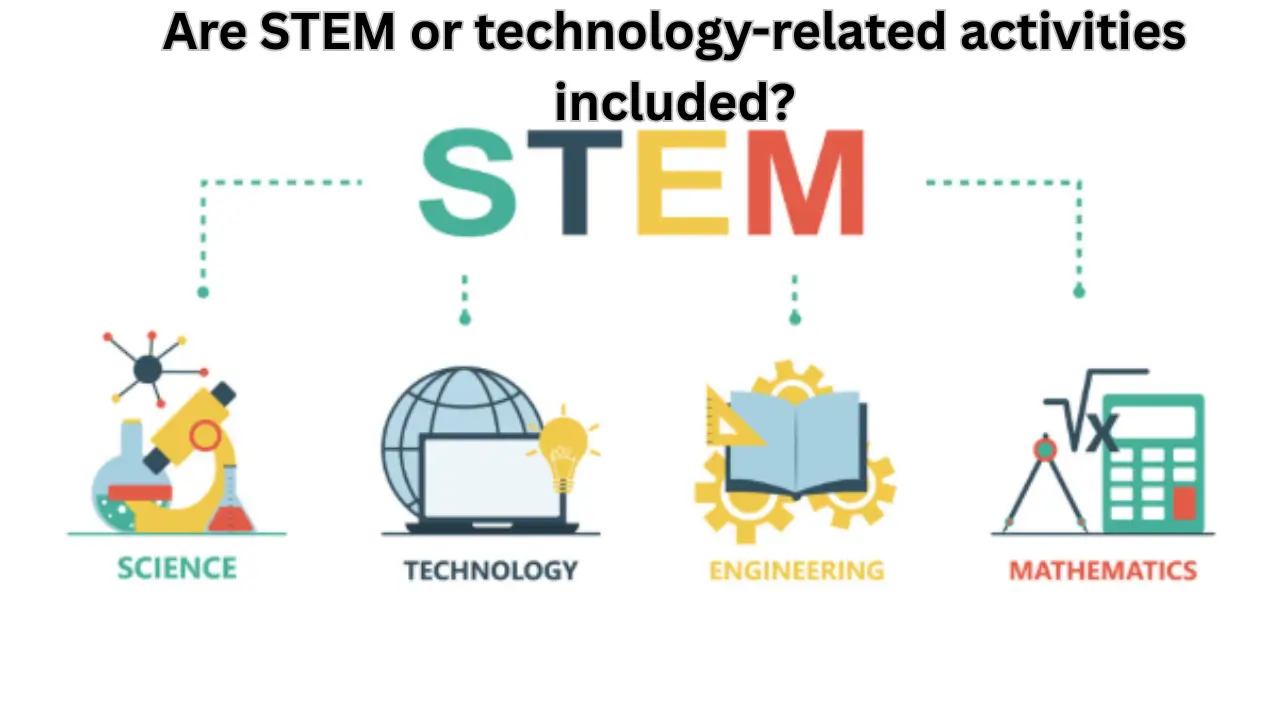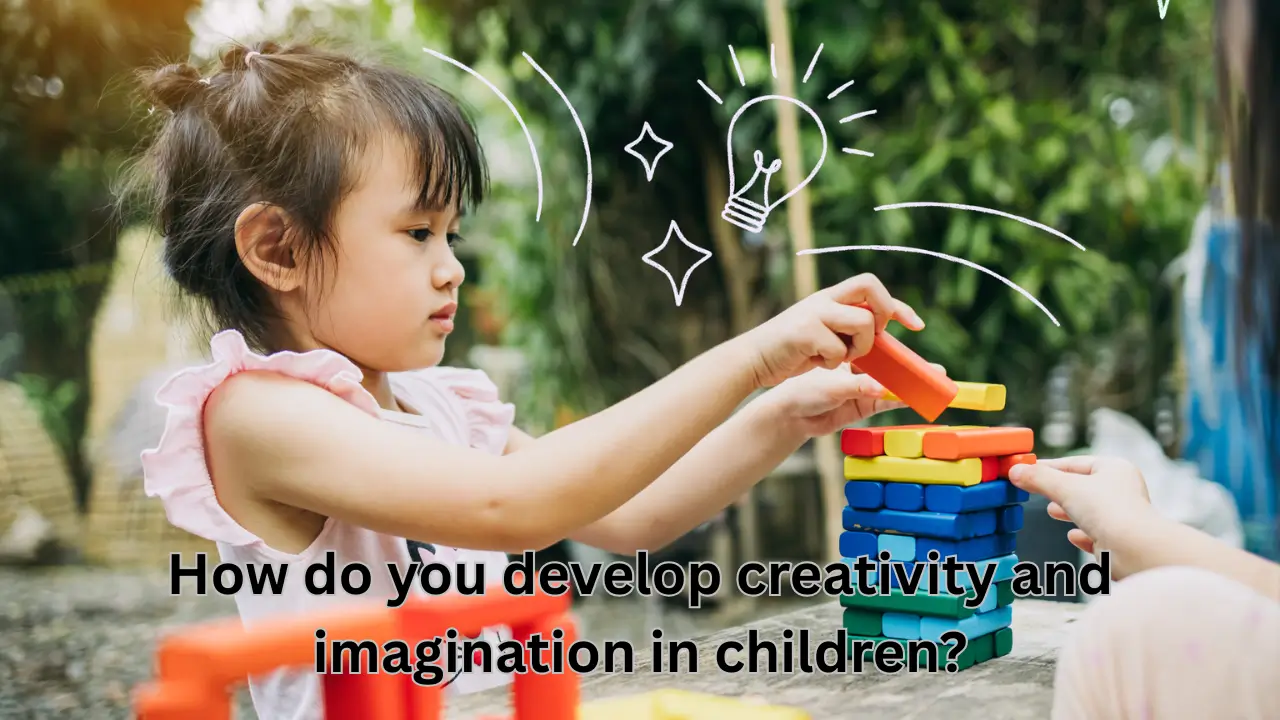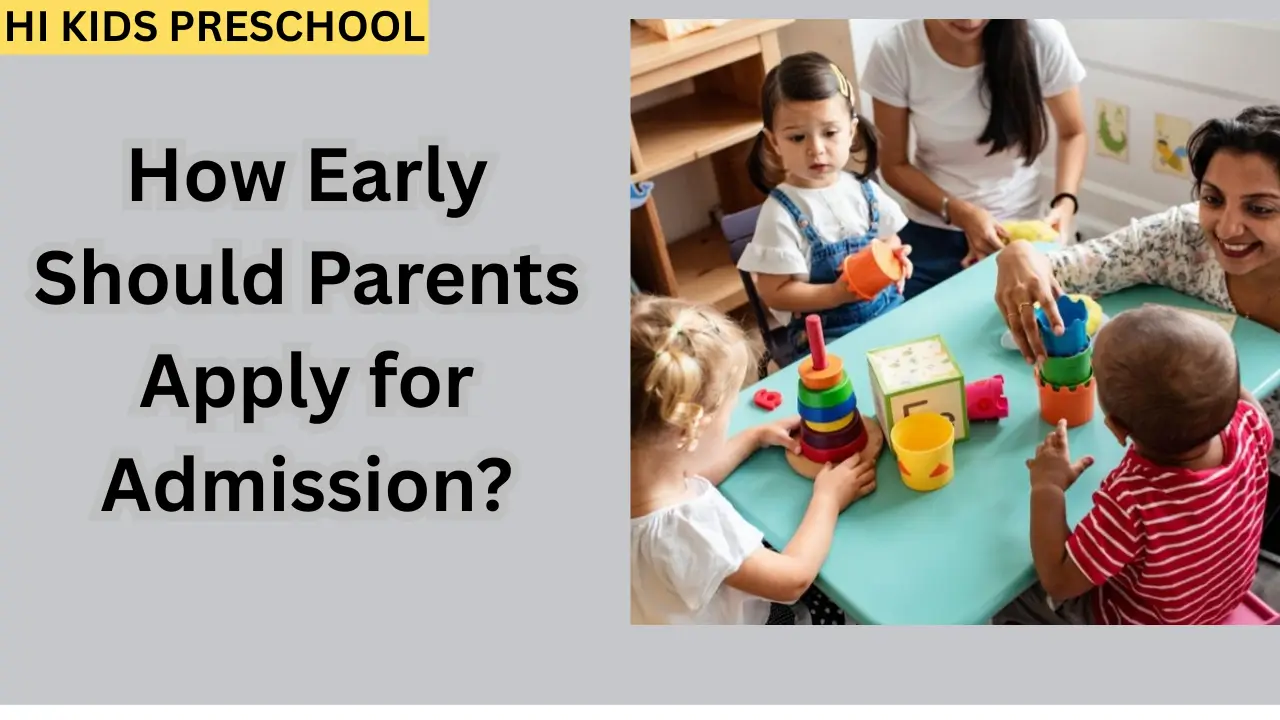Preparing children for higher schooling is one of the most crucial responsibilities of parents, teachers, and the education system at large. Higher schooling (secondary and senior secondary education) not only lays the foundation for future academic pursuits but also prepares children socially, emotionally, and mentally for the challenges ahead.
The transition can be smooth if children are equipped with the right skills, support systems, and guidance. This article explores the various ways to ensure that children are well-prepared, along with strategies, structured approaches, and recent trends in education.
Understanding Higher Schooling
Higher schooling generally refers to education beyond the primary and middle grades, often covering secondary and senior secondary levels (Grades 9–12 or equivalent, depending on the country). At this stage, children face:
- More challenging academic curricula.
- Competitive examinations for further education.
- Increased focus on self-study and responsibility.
- Social and emotional adjustments.
The preparation for this stage must begin earlier, not only with academics but also with life skills and a growth-oriented mindset.
Key Areas of Preparation
1. Academic Readiness
- Strong Foundational Knowledge: Ensuring that children have mastered concepts in mathematics, science, language, and social studies during primary and middle grades.
- Reading and Comprehension Skills: Encouraging reading habits that develop vocabulary, analytical thinking, and comprehension.
- Writing and Expression: Practice in written communication — essays, reports, and creative projects strengthen critical thinking.
- Technology Literacy: With digital learning now embedded into most schools, familiarity with online platforms, typing skills, and research basics is essential.
2. Emotional and Social Preparedness
- Resilience and Stress Management: Children entering higher schooling face examination pressure, peer competition, and higher workloads. Training them in managing stress and maintaining balance is crucial.
- Self-Confidence: Encouraging children to believe in their abilities through participation in extracurricular activities, public speaking, or leadership roles.
- Interpersonal Skills: Teamwork, adaptability, and effective communication prepare them for group projects and social interactions in school.
- Emotional Support Systems: Parents and teachers must provide a nurturing environment where children feel safe to share concerns.
3. Life Skills and Independence
- Time Management: Students should learn to plan study schedules, prioritize tasks, and balance academics with personal life.
- Decision-Making Skills: In higher schooling, students often choose electives or pursue career-related subjects, making decision-making essential.
- Problem-Solving Skills: Encouraging practical, analytical approaches toward everyday challenges.
- Digital Safety: As exposure to online learning and social media increases, awareness regarding digital etiquette and cyber safety becomes important.
4. Career Awareness and Goal Setting
- Introducing children to different career paths based on subjects of interest.
- Helping them set short-term academic goals that contribute to long-term ambitions.
- Guidance counseling sessions can help align student strengths with future aspirations.
Structured Approach to Preparation
| Preparation Area | Strategies for Parents & Teachers | Benefits for Children |
|---|---|---|
| Academic Readiness | Regular monitoring, remedial teaching, project-based learning | Builds conceptual clarity and confidence |
| Emotional Readiness | Counseling, open communication, stress management workshops | Reduces anxiety, increases resilience |
| Life Skills | Assigning responsibilities, teaching time management | Builds discipline, independence |
| Career Guidance | Aptitude assessments, subject exposure, mentorship programs | Helps in informed decision-making |
| Digital Literacy | Introduce safe online tools, awareness on cyber laws | Increases adaptability to modern learning |
Role of Parents vs. Teachers
Role of Parents
- Encourage consistent study habits.
- Maintain open communication without pressuring children.
- Provide a supportive environment at home.
- Recognize and celebrate smaller achievements.
Role of Teachers
- Identifying academic gaps early and addressing them.
- Encouraging active participation in class discussions.
- Providing individualized feedback and mentoring.
- Organizing group activities to promote collaboration.
Latest Updates and Trends in Higher School Preparation (2024–2025)
The education landscape has seen significant changes, and higher schooling preparation must align with these evolving trends.
- Competency-Based Learning
- Education systems are moving away from rote memorization toward competency-based assessments that evaluate understanding, critical thinking, and application skills.
- AI and Technology Integration
- Artificial Intelligence tools are being used for personalized learning plans, online doubt-solving, and adaptive assessments. Teachers and parents are introducing students to technology-driven study aids early.
- Increased Focus on Mental Health
- More schools are integrating mental wellness programs, mindfulness activities, and counseling sessions into daily learning schedules to ensure students cope with academic pressure effectively.
- Skill Development for Future Careers
- Students are encouraged to pursue coding, data literacy, creative design, and communication skills alongside academics, as these are considered future workplace necessities.
- Hybrid Learning Models
- Schools are combining in-person and digital modes of teaching, helping children adapt to varied learning styles and platforms.
- Global Exposure & Exchange
- Online collaborations, cultural exchange programs, and global competitions are providing students with international awareness, preparing them for global higher education opportunities.
Practical Tips for Parents and Children
- Start Early: Building discipline during middle school makes the transition smoother.
- Balance Studies and Hobbies: Encourage participation in arts, sports, and extracurricular activities.
- Teach Financial Basics: Giving children responsibility over small allowances helps them learn budgeting.
- Encourage Critical Thinking: Ask open-ended questions to nurture problem-solving skills at home.
- Establish Healthy Routines: Sleep, exercise, and nutrition are equally important for academic success.
- Limit Excessive Screen Time: Ensure digital devices are used more for learning than for distractions.
Challenges Faced During Preparation
- Academic pressure leading to stress and burnout.
- Over-dependence on coaching or tuition rather than critical thinking.
- Peer pressure and unhealthy competition.
- Lack of guidance in rural or under-resourced schools.
- Balancing extracurricular activities and academics.
Overcoming these challenges requires collaborative efforts from schools, teachers, parents, and policymakers.
Conclusion
Preparation for higher schooling is not limited to academic success — it is a holistic process integrating emotional well-being, life skills, and future readiness. Parents and teachers play significant roles in shaping a child’s journey by offering guidance, encouragement, and balanced support.
In today’s rapidly changing educational environment, early preparation and awareness of latest learning trends ensure that students transition to higher schooling with confidence, resilience, and clarity of purpose.
